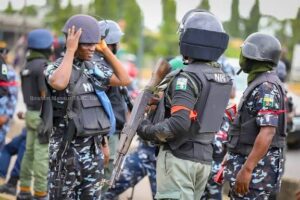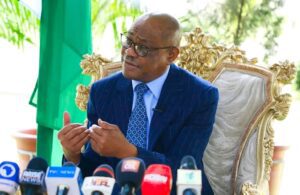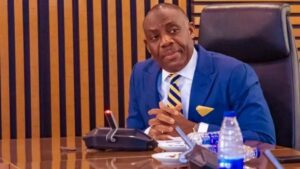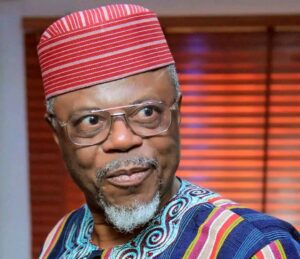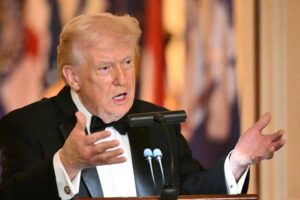𝐔𝐒 𝐂𝐨𝐧𝐠𝐫𝐞𝐬𝐬 𝐬𝐩𝐥𝐢𝐭 𝐨𝐯𝐞𝐫 𝐍𝐢𝐠𝐞𝐫𝐢𝐚’𝐬 𝐂𝐏𝐂 𝐝𝐞𝐬𝐢𝐠𝐧𝐚𝐭𝐢𝐨𝐧
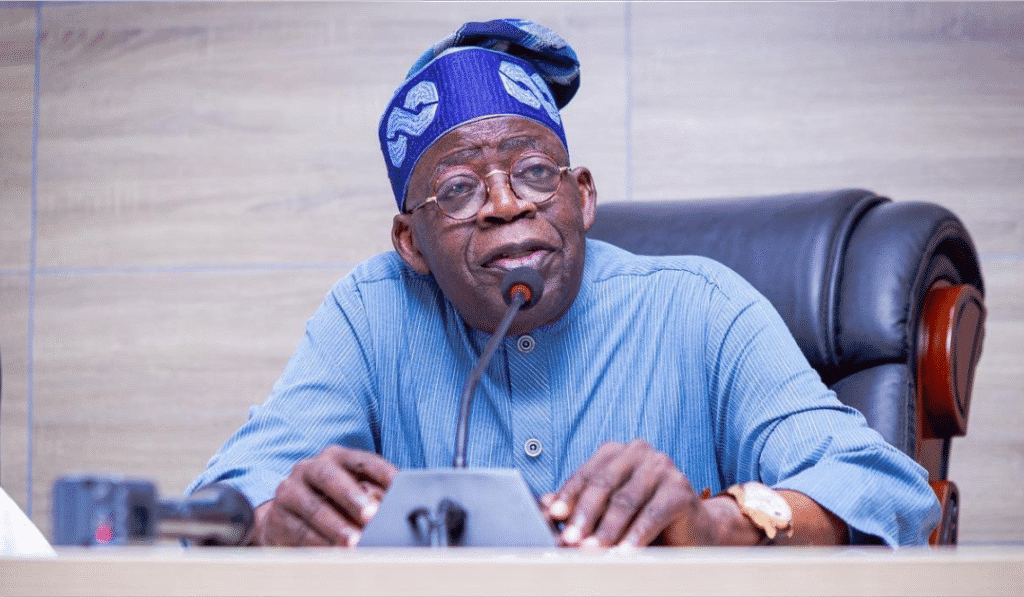
The United States House Foreign Affairs Subcommittee on Africa on Thursday held a tense hearing on Nigeria’s redesignation as a Country of Particular Concern, with lawmakers, officials and witnesses sharply divided over claims of widespread Christian persecution in the country.
At the centre of the debate was former President Donald Trump’s decision to return Nigeria to the CPC list over what he described as an “ongoing Christian genocide,” even threatening that the US military could “enter Nigeria guns-a-blazing” to eliminate extremist groups he accused of carrying out mass atrocities.
Chaired by Congressman Chris Smith, the hearing sought to assess the scale of religious persecution, examine possible US policy actions, and evaluate whether Nigeria’s government was doing enough to curb attacks. Senior State Department officials Jonathan Pratt and Jacob McGee appeared before the committee, followed by experts and religious leaders including Nina Shea, Bishop Wilfred Anagbe of Makurdi Diocese, and Ms Oge Onubogu of CSIS.
Smith opened the session with stark statistics, claiming that 89% of all Christians killed for their faith worldwide are Nigerians, and accusing militant Fulani herders of committing murders, kidnappings, and sexual violence with “total impunity.” He argued the attacks were clearly religiously motivated and criticised previous US administrations for relaxing pressure on Abuja.
State Department official Jonathan Pratt warned that extremist violence—driven by Boko Haram, ISWAP, ISIS Sahel, Ansaru and others—was now spreading far beyond the North-East, especially into the Middle Belt. He said terrorists, separatists, and criminal militias increasingly targeted Christian communities, insisting that Nigeria must prioritise protection for vulnerable groups.
According to Pratt, the US is developing a coordinated plan involving the State Department, Treasury, and the Department of War aimed at compelling Nigeria to improve religious freedom protections and strengthen security for Christian communities. He said the current Nigerian administration had shown willingness to cooperate since the CPC redesignation.
Some lawmakers strongly backed the move. Representative John James described Nigeria as “the deadliest place on earth to be a Christian,” citing tens of thousands of killings since 2019. He also linked religious persecution to political repression, referencing the detention of IPOB leader Nnamdi Kanu and criticising Nigeria for ignoring domestic and international court rulings ordering his release.
In response to questions, Pratt dismissed claims that the Nigerian government had been infiltrated by extremist groups, stating that there was no evidence to support such allegations. He confirmed, however, that the Tinubu administration had taken the CPC designation seriously and dispatched a senior delegation for high-level meetings in Washington.
Congressman Bill Huizenga delivered an emotional critique of Nigeria’s handling of religious violence, accusing the government of failing to protect Christians, moderate Muslims, and others terrorised by militant groups. He also questioned whether US humanitarian aid was reaching millions of displaced persons in Benue and Taraba states.
Another lawmaker, Johnny Olszewski, expressed concern that Nigeria lacked the capacity to shield communities from armed groups responsible for mass killings. He stressed that while the government may not intentionally persecute any religious group, the scale of violence by extremist organisations remained alarming.
The hearing ended without consensus, reflecting growing divisions in Washington over how to respond to Nigeria’s complex security challenges and whether religious persecution should remain central to US policy toward Africa’s most populous nation.


